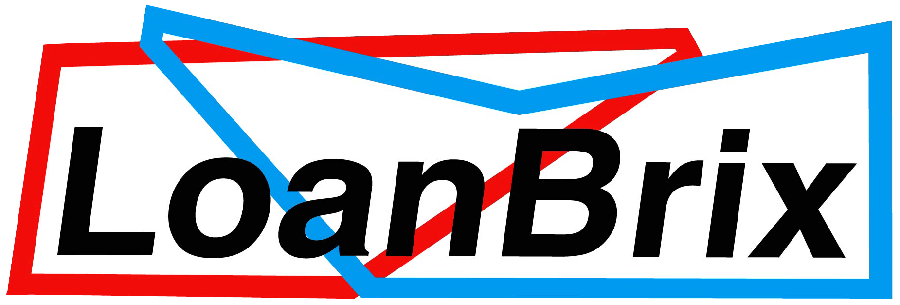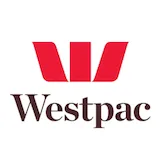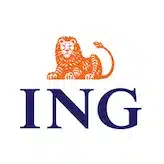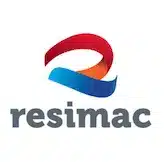Residential property includes houses, apartments, and townhouses — the most common form of property investment in Australia. These types of properties are often seen as a starting point for many investors due to their familiarity, accessibility, and the strong housing demand in Melbourne and Sydney.
At LoanBrix, we help investors understand the key advantages and potential challenges of residential property so they can make informed, confident decisions.













